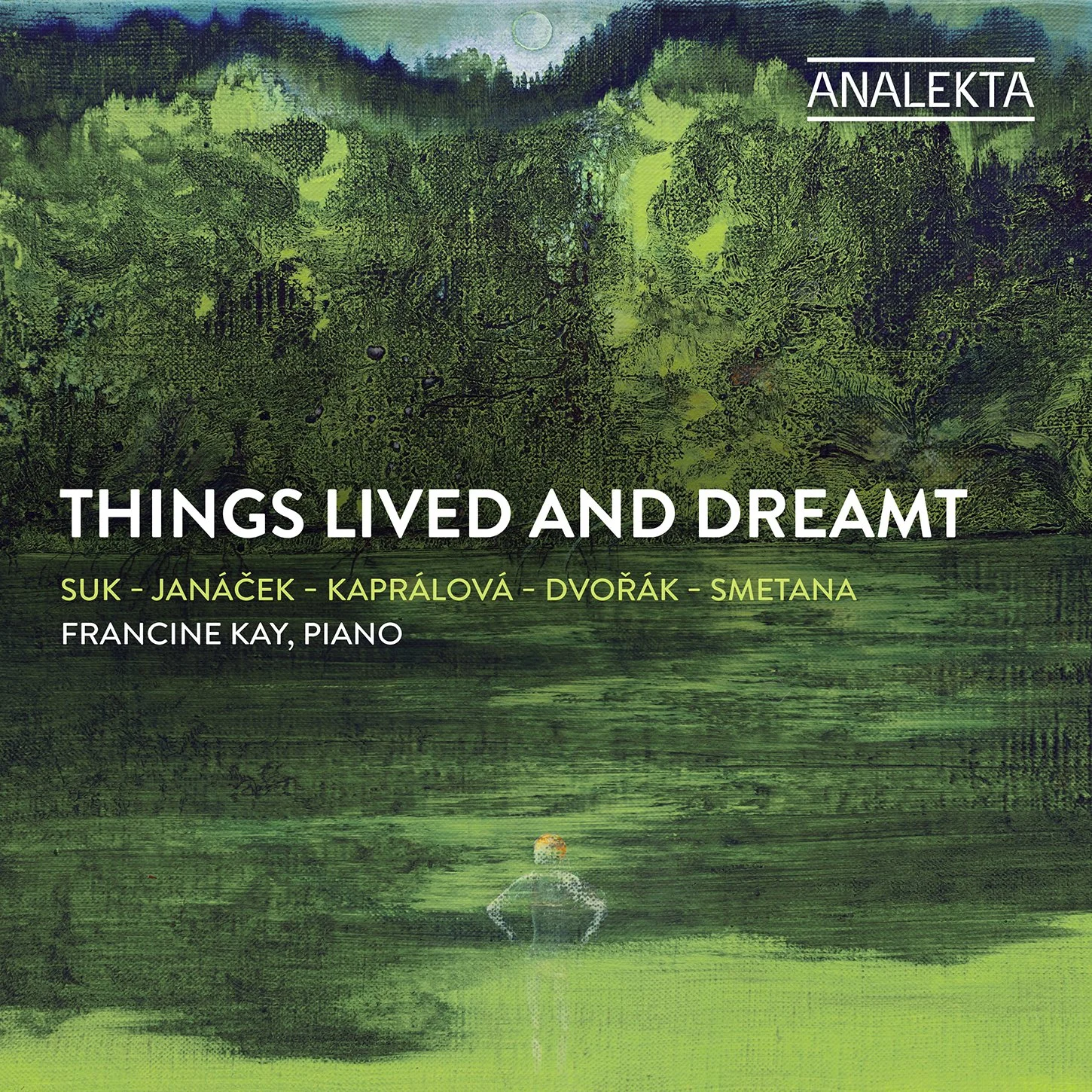Cassatt String Quartet announces personnel changes in 2025-2026
New members Laura Goldberg (violin), Amy Galluzzo (viola), and Yi Qun Xu (cello) join violinist Muneko Otani beginning in 2026
Violinist Jennifer Leshnower, violist Emily Brandenburg, and cellist Gwen Krosnick depart in Fall 2025
Cassatt in the Basin, the residency program in West Texas, will continue under the leadership of founder Jennifer Leshnower
The Cassatt String Quartet, a mainstay in American chamber music since 1985, has announced personnel changes during its 2025-2026 season. Violinist Jennifer Leshnower, violist Emily Brandenburg and cellist Gwen Krosnick depart the group in fall 2025.
Muneko Otani, violinist with the Cassatt String Quartet for 38 of its 40 years, announces that the new members are violinist Laura Goldberg, violist Amy Galluzzo, and cellist Yi Qun Xu. Goldberg is a founding member of the ensemble, and performed with the group for its first decade.
More information about the Cassatt String Quartet as well as artist biographies for violinists Muneko Otani and Laura Goldberg, violist Amy Galluzzo, and cellist Yi Qun Xu are available at CassattQuartet.com. More information about Cassatt in the Basin, the residency program in West Texas, can be found at CassattInTheBasin.net.
Otani said, “Performing with the Cassatt String Quartet for nearly four decades has been an exhilarating and fulfilling experience. We have commissioned and premiered nearly 800 new works, toured across the country and throughout a dozen nations, and held residencies that have enriched the communities and universities we’ve served. I look forward to carrying these traditions forward—and exploring new artistic possibilities—with my new colleagues as the ensemble enters its fifth decade. I am deeply grateful to the Quartet’s former members, whose dedication and musical passion have made the last 40 years possible.”
Leshnower echoed Otani’s sentiments, saying, "The Quartet has played a significant role in my life for the past 31 years, and I am so grateful to my colleagues in the quartet for their partnership on this ambitious and highly successful artistic journey. Not only have we collectively expanded the string quartet repertoire, but I have also gained deep experience as a leader, speaker, educator, and entrepreneur. As I look to the next phase of my life, I am excited to focus on my career as a violinist and the broader field of arts and nonprofit administration. This includes my work as artistic director of the West Texas residency program Cassatt in the Basin, which is entering its third decade. While I will miss the quartet, I am truly excited about what comes next.”
Cellist Gwen Krosnick stated: "I've been glad to spend five seasons with the CSQ, exploring great string quartet repertoire and, in particular, getting to champion the music of American women like Tania León, Victoria Bond, Dorothy Rudd Moore, and Joan Tower. I am delighted, now, to move my focus toward other inspiring work that I love — including a series of upcoming recitals and recording projects focused on a personal retrospective of American music for solo cello, as well as my cherished ongoing teaching at Columbia and Kneisel Hall. I am thrilled to be returning, as well, to my two loves of curating and community-building as Founder/Artistic Director of the Westchester, NY chapter of Music For Food, the national musician-led nonprofit initiative to fight hunger in our local communities. With inaugural concerts is 2026, MFF Westchester features some of my most beloved colleagues, joining together in chamber music concerts and raising money to support folks struggling with food insecurity in Northern Westchester and beyond."
The violist Emily Brandenburg, in the group since 2024, said, “I am incredibly grateful for this past year with the Cassatt Quartet and for the meaningful relationships I have formed with my fellow members. Our collaborations with composers, guest musicians, and presenters have been truly inspiring, and they are memories I will carry with me throughout my career. I look forward with great enthusiasm to the many joyful musical endeavors I have planned for the coming year and beyond.”
The Cassatt String Quartet was formed in 1985 by violinists Adela Pena and Laura Jean Goldberg, violist Eufrosina Raileanu, and cellist Anna Cholakian. Violinist Muneko Otani joined the quartet in 1987.
In fall of 2025, the quartet was in residence at Bowdoin and Williams colleges and the Cassatt in the Basin program in West Texas. Cassatt performed in Maine as part of the Seal Bay Festival of American Chamber Music. The quartet performs at Purchase College on December 11.






